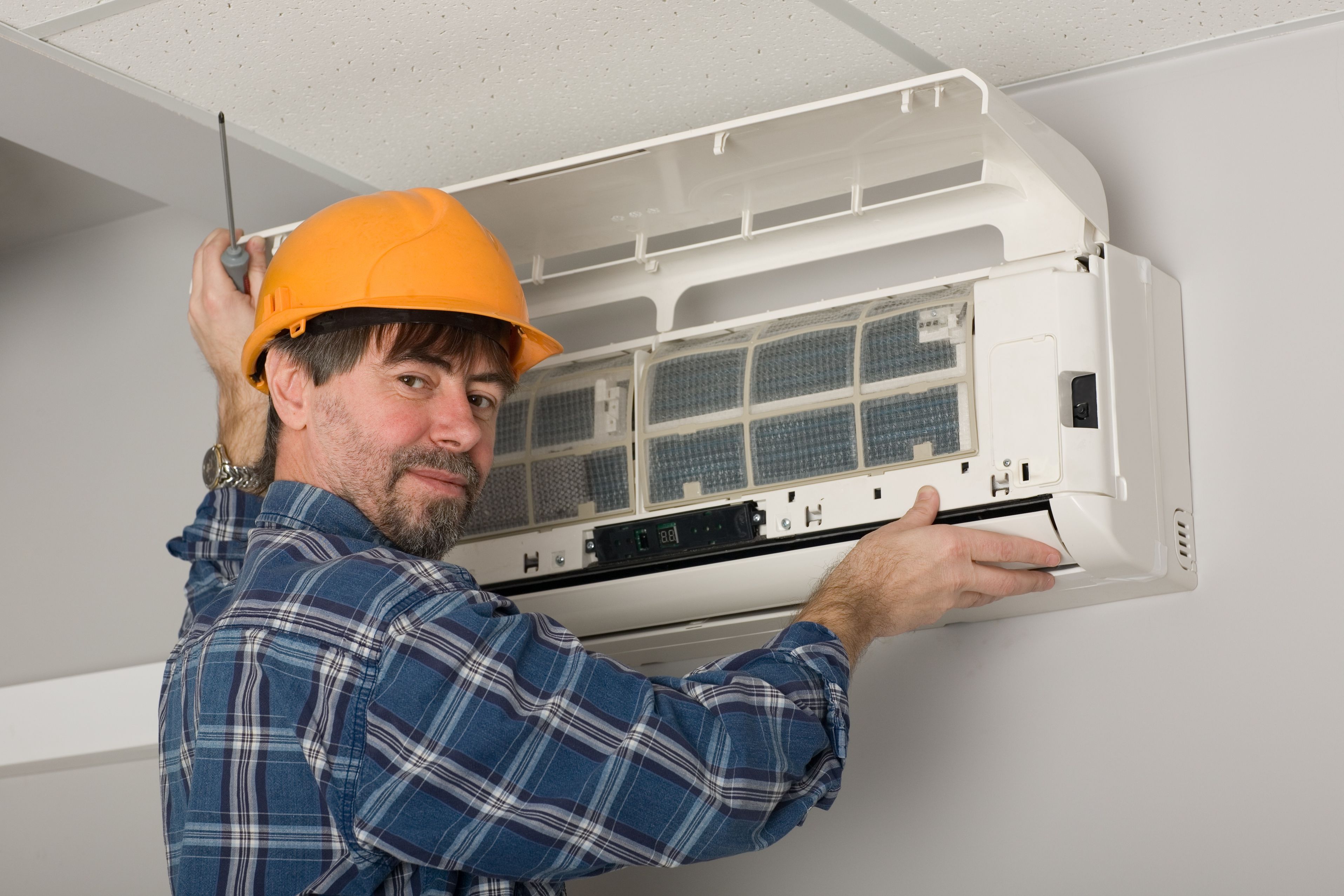When you are looking at air conditioning and heating systems, you often see SEER ratings mentioned. This stands for Seasonal Energy Efficiency Ratio and is something that measures the efficiency of cooling in an air conditioner or heat pump unit. It is determined using a mathematical equation:
Cooling output for a typical cooling season ÷ total electric energy input during the same period of time = SEER rating
It is a maximum efficiency rating, and many say it can be compared to something like the MPG on a vehicle. As an example, your little efficient car gets 35 MPG on the highway but dips beneath that amount when in town. SEER ratings are similar, and your air conditioner might have a SEER rating of 20 when it is operating at its most efficient.
That brings us to the point of good or best SEER ratings. In other words, what is an ideal SEER rating? Those figures vary based on what sort of equipment you’re talking about. If it is an air conditioning system, a suitable rating is around 13, but they can range from 13 up to 21, and sometimes higher.
There are factors apart from the gear that can also affect any system’s ratings. The quality of the ductwork, the insulation in the home, and the upkeep and condition of the equipment itself will usually have a measurable effect on the overall efficiency of any system, and show up in the SEER.
What that means is that you never want to invest in a system based on the expected SEER rating. This is because there are other factors at work, and a good contractor is going to make you well aware of these issues before selling and installing the system you choose. They will also remind you at all times that SEER figures are not constant or guaranteed values. They are the maximum ratings, the potential that the system has for optimal efficiency.
This is one reason that many homeowners become confused. After all, they might sit down and do the math to see how long they will need to run the system before it “pays for itself.” Misunderstanding SEER ratings can lead to flawed thinking in that area.
That’s why it is important to work with dedicated professionals who take the time to explain things clearly and help you know what the SEER on your chosen equipment may or may not provide. At Howard Services, Inc. you can find a team of experts happy to explain the many factors affecting your air conditioning system’s performance.


